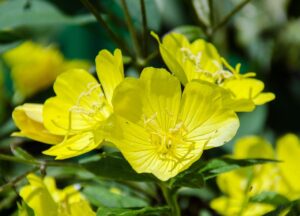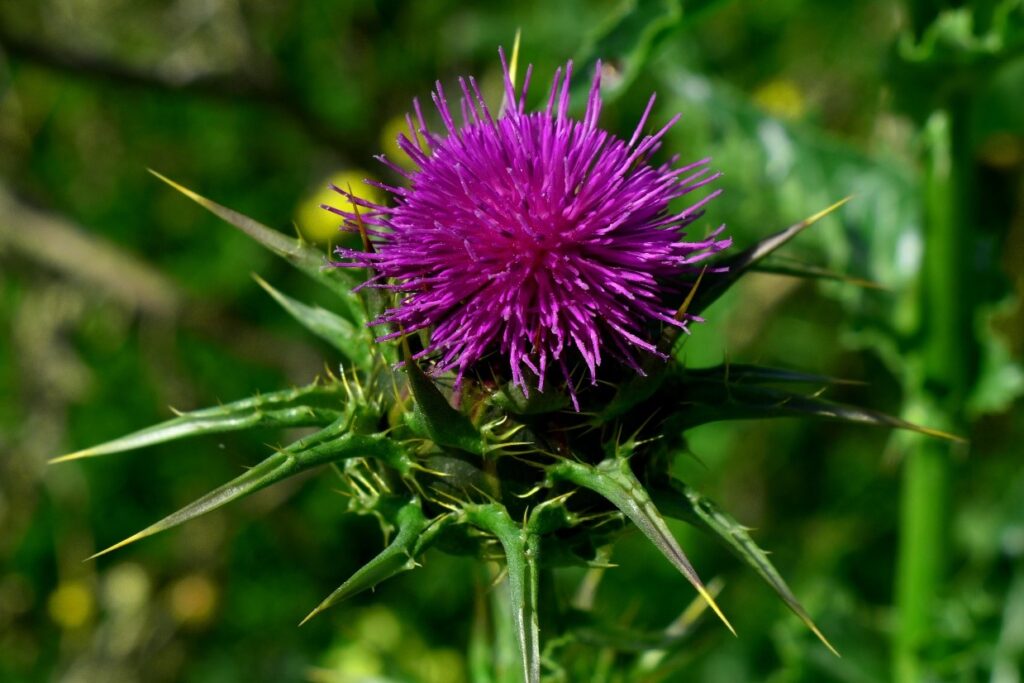Herbal supplements, derived from plants and their parts, have been integral to traditional medicine for thousands of years. Today, they are widely embraced for their potential to support health and wellness naturally. For women, in particular, herbal supplements offer a range of benefits, from balancing hormones to boosting energy levels and improving skin health. This comprehensive guide explores the world of herbal supplements, offering insights into their uses, benefits, and safety considerations.
Understanding Herbal Supplements
Herbal supplements are made from parts of plants such as roots, leaves, seeds, and flowers. They can be consumed in various forms, including capsules, teas, tinctures, powders, and even topical applications. Unlike synthetic drugs, which often target specific symptoms, herbal supplements typically work to support the body’s natural processes, offering a holistic approach to health.
The active compounds in herbs, such as alkaloids, flavonoids, and terpenes, interact with the body’s systems in unique ways. For instance, turmeric contains curcumin, a compound with anti-inflammatory and antioxidant properties that can support joint and cardiovascular health. Similarly, ashwagandha, an adaptogenic herb, helps the body manage stress by reducing cortisol levels, a hormone linked to stress.
Popular Herbal Supplements for Women
Several herbal supplements cater specifically to women’s health, addressing common concerns such as hormonal imbalance, stress, and skin health.
Ashwagandha: This ancient adaptogen is renowned for its ability to combat stress and anxiety. Studies suggest it may also improve sleep quality, enhance energy levels, and even support thyroid function. For women experiencing adrenal fatigue, ashwagandha can be particularly beneficial.
Evening Primrose Oil: Extracted from the seeds of the evening primrose plant, this oil is rich in gamma-linolenic acid (GLA), an omega-6 fatty acid. It is often used to alleviate symptoms of premenstrual syndrome (PMS) and improve skin hydration.

Evening Primrose flower
Black Cohosh: This herb is frequently used to manage menopausal symptoms such as hot flashes and mood swings. Its active compounds mimic estrogen in the body, offering relief from hormonal fluctuations.
Turmeric: Beyond its anti-inflammatory properties, turmeric supports skin health by reducing oxidative stress, which can lead to premature aging. It is also linked to improved digestion and immunity.
Milk Thistle: Known for its liver-supporting properties, milk thistle contains silymarin, a compound that aids in detoxification and protects liver cells from damage.

Milk Thistle flower
Scientific Evidence Behind Herbal Supplements
Modern research has begun to validate many traditional uses of herbal supplements. For instance, a study published in Phytotherapy Research highlighted ashwagandha’s efficacy in reducing stress and cortisol levels in a controlled group of participants. Another review in Nutrients emphasized the anti-inflammatory benefits of curcumin, noting its potential to alleviate symptoms of chronic diseases such as arthritis.
Black cohosh’s role in managing menopausal symptoms has been supported by studies in the Journal of Women’s Health, which found it effective in reducing hot flashes and improving quality of life. Similarly, milk thistle’s hepatoprotective effects are well-documented, with research in Frontiers in Pharmacology demonstrating its ability to regenerate damaged liver cells.
Safety Considerations
While herbal supplements are natural, they are not without risks. Some herbs may interact with medications or cause side effects. For instance, St. John’s Wort, commonly used for depression, can interfere with birth control pills and other medications. It’s crucial to consult a healthcare provider before starting any new supplement, especially during pregnancy or breastfeeding.
Quality is another important factor. Herbal supplements are not always regulated as rigorously as pharmaceutical drugs, so choosing products from reputable brands that conduct third-party testing ensures safety and efficacy.
Integrating Herbal Supplements Into Daily Life
Incorporating herbal supplements into your routine can be as simple as brewing a calming chamomile tea before bed or adding a turmeric latte to your morning ritual. Powders like ashwagandha can be blended into smoothies, while capsules provide a convenient option for busy lifestyles.
Pairing herbal supplements with a balanced diet, regular exercise, and stress-management practices enhances their effectiveness. For instance, combining adaptogens like rhodiola with yoga or meditation can amplify their stress-reducing benefits.
Embracing Nature’s Remedies
Herbal supplements represent a bridge between ancient wisdom and modern wellness practices. They offer a natural, gentle way to address health concerns and improve overall well-being. By staying informed and choosing high-quality products, you can harness the power of nature to support your health journey.
Whether you’re new to herbal supplements or looking to deepen your understanding, this guide provides a foundation for making informed choices. With the right approach, herbal supplements can become a vital part of your self-care routine, promoting balance, vitality, and harmony in your life.





